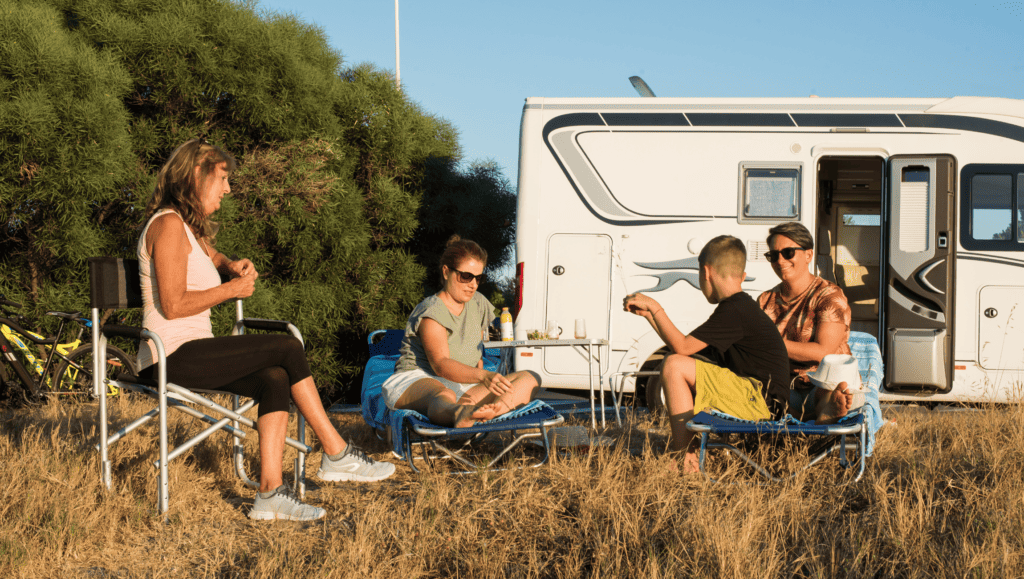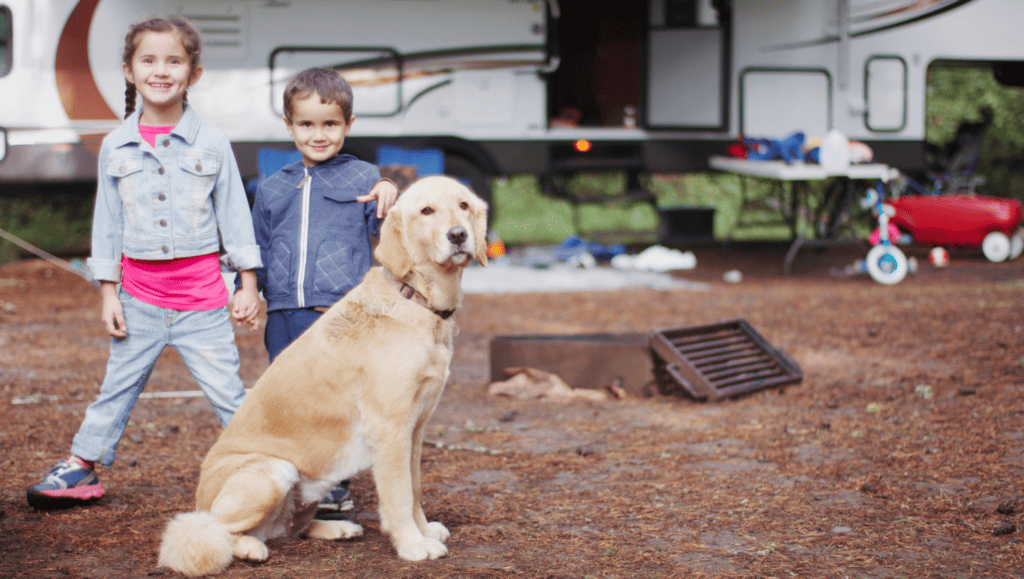



Small family owned Private Campgrounds in Canada continue to advocate the Federal Government to endorse change in the current Income Tax Act or enact other legislative measures that clearly distinguish small family run campgrounds with less than 5 full time employees year round as an “active business” and thus eligible for the small business tax deduction.
Despite the robust economic impact figures, owning a Private Campground is generally not considered a lucrative business. With most being family operated, owners must work up to 15 hours a day, 7 days a week during May-October on an average camping season of 152 days for their business to survive.
The current classification of a Private Campground employing less than 5 full-time employees year-round is a Passive “Specified Investment Business” as opposed to an “Active Business” in the Income Tax Act. This makes operating the business much more financially challenging for the owner who is consistently under the threat of a potential 50% Tax Rate as opposed to automatically qualifying for the small business tax deduction of approximately 15% (a qualification that other small family run operations would unquestionably qualify for annually).
of campgrounds employ fewer than five full time employees year round.
“Generally, the business of a campground involves the renting of property and providing basic services typical to that type of rental operation. In such a situation, the principal purpose of that business would be to earn rental income from real or immovable property and the corporation would not be eligible for the small business deduction, unless it employs more than five full-time employees in that business throughout the year.”
CCRVC estimates that 75%-80% of the 2347 Private Campgrounds in Canada employ less than the five full-time employees year-round (even when closed), which classification requires that these owners must prove to the Canada Revenue Agency annually that they have the necessary criteria to qualify for the Small Business Deduction.



To qualify for the Small Business Tax Deduction without the annual CRA adjudication, it is unreasonable to expect Private Campgrounds, who operate in Canada on average less than half the year (152 days), to employ full time workers during the off season.
The annual task to prove to CRA that a Private Campground is an active business is arduous and could be very expensive for the business. As we indicated previously, operating a Private Campground is not very financially lucrative and all expenses need to be monitored closely.
Without change by the Federal Government, Private Campgrounds owners across Canada will continue to withhold the hiring of additional part-time employees, pause infrastructure improvements and capital expenditures required to build additional campsites desperately needed given their uncertain annual tax obligation.
Receive regular updates from the Canadian Camping & RV Council as well as our partners.
If you are a camper that does not own a campground fill out this form instead.
PO Box 226
Chestermere, Alberta
T1X 1K8
Website Designed & Marketing Provided by Insider Perks, Inc.